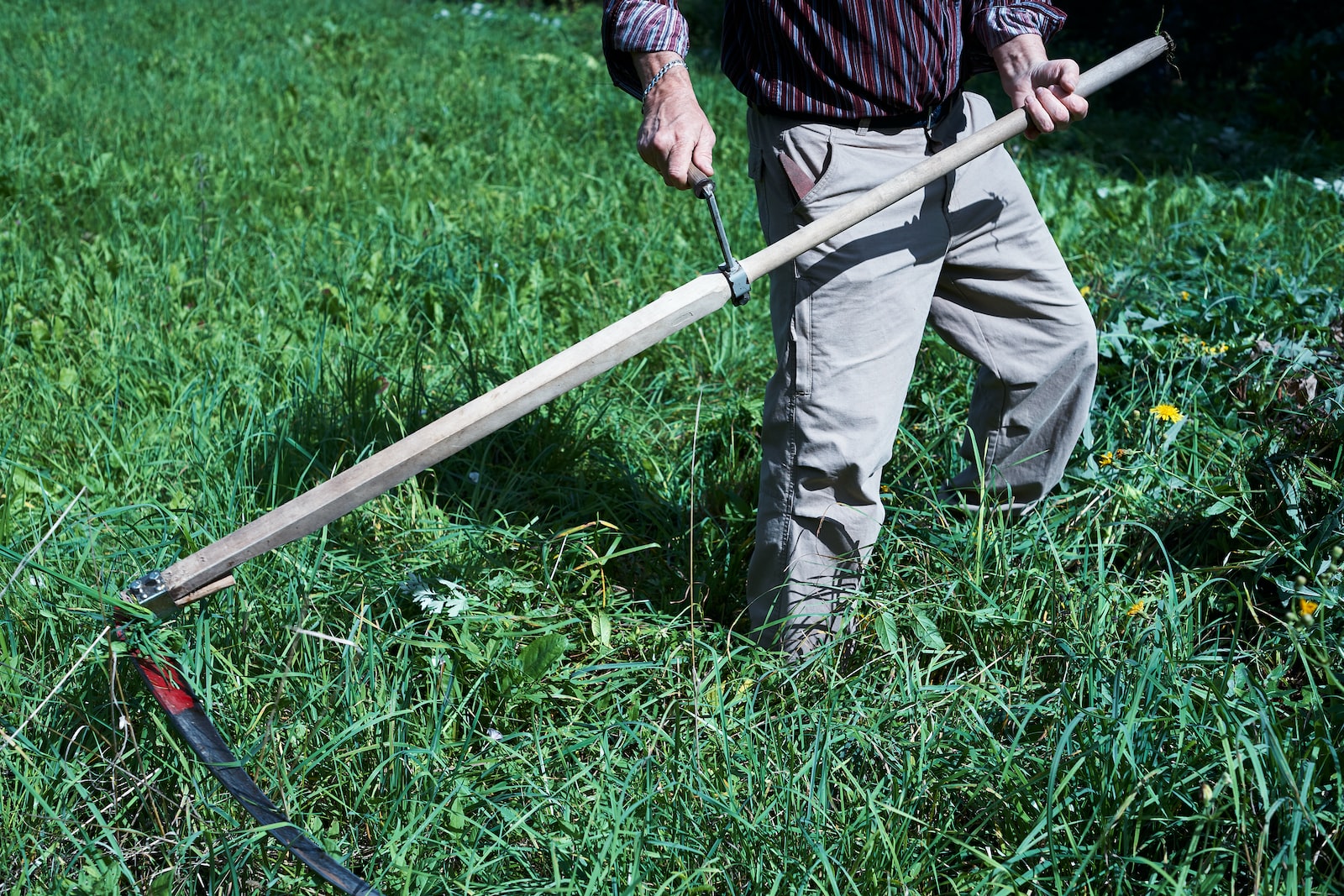The therapeutic benefits of lawn mowing for NDIS participants have been widely acknowledged. Research has shown that regular lawn mowing can improve physical and mental health, as well as reducing stress levels in those with disabilities or chronic illness. This article will discuss the potential short- and long-term impacts of engaging in this activity and how it may benefit those participating in the National Disability Insurance Scheme (NDIS).
Under the NDIS, eligible individuals are provided with personalized plans and support packages tailored specifically for their needs. These plans may include assistance in accessing housing, medical care, property investment, employment opportunities, or other forms of financial aid. In addition to these core supports, the NDIS also covers costs associated with therapeutic activities such as lawn mowing.
Physical Benefits Of Lawn Mowing
The physical benefits of lawn mowing for NDIS participants are widely documented. As an exercise, the activity provides a range of healthful outcomes. Lawn-mowing is considered a moderate intensity physical activity, which engages large muscle groups to perform repetitive movements. This type of physical activity can help build strength and endurance in addition to burning calories. Furthermore, it helps to improve cardiovascular fitness by elevating heart rate and breathing rate during work periods.
Furthermore, lawn-mowing also has the potential to develop muscles throughout the body – particularly in arms, legs and trunk – as well as promoting improved posture, balance and coordination. Additionally, when combined with stretching exercises before or after each session it may have significant beneficial effects on increasing flexibility and mobility. Finally, regularly performing lawn-mowing activities over time can lead to increased muscular power that allows individuals to manage more challenging tasks within their daily lives.
In relation to these positive outcomes, regular participation in lawn-mowing activities offers NDIS participants multiple opportunities for developing healthier lifestyles while potentially contributing towards maximizing independence levels across various domains of life.
Mental Health Benefits Of Lawn Mowing
Lawn mowing has been found to offer clear and significant mental health benefits for NDIS participants. Research indicates that regular lawn mowing can help reduce stress, anxiety, depression, and other psychological issues. In addition, the act of completing a task such as lawn mowing can have therapeutic effects by providing an individual with a sense of achievement and purpose.
The physical activity associated with lawn mowing also contributes significantly to improved mental health outcomes in NDIS participants. Regular exercise helps individuals achieve better focus, increased energy levels, and improved moods. Furthermore, it helps boost confidence and encourages social interaction which is beneficial for those who may be socially isolated or challenged due to their disability.
Through participating in activities like lawn mowing on a regular basis, NDIS participants gain access to physical and emotional outlets which can lead to positive changes in their overall wellbeing. The ability to work towards a goal while engaging in outdoor recreations provides a unique opportunity for reflection and relaxation which ultimately leads to reduced tension levels as well as boosted cognitive functioning. With these advantages in mind, it is easy to see why lawn mowing is so highly recommended among NDIS participants as a beneficial form of therapy.
Social Benefits Of Lawn Mowing
Lawn mowing provides a range of social benefits to NDIS participants due to the opportunity for social interaction and development of important social skills. These therapeutic benefits often occur when an individual interacts with others in a common activity, such as lawn mowing. This type of exchange allows individuals to practice conversation and communication techniques, which can be beneficial for those who struggle with these abilities. Additionally, it gives them the chance to build relationships by participating in activities that provide both physical and psychological satisfaction on completion.
Moreover, lawn mowing has been shown to have positive results regarding self-image and confidence levels amongst NDIS participants. The sense of accomplishment achieved upon completing a task or project such as lawn mowing is invaluable towards encouraging people’s feelings of worthiness. In addition, having regular sessions dedicated to this activity can help maintain motivation throughout their journey with their disability or mental health condition.
Finally, spending time outdoors whilst taking part in lawn mowing offers further therapeutic benefits for NDIS participants. Nature has long been credited for its restorative powers over physical and mental health issues, making outdoor activities even more valuable within the context of therapy for those struggling with disabilities and other conditions.
How To Ensure Safety For NDIS Participants
When participating in therapeutic lawn mowing activities, it is essential to ensure the safety of NDIS participants. Safety precautions should be taken into consideration before commencing with any tasks related to lawn mowing. It is also important for a risk assessment to be conducted prior to beginning work on the chosen task. This will help identify any potential hazards and risks that could arise during the activity.
To promote safety while partaking in therapeutic lawn mowing, there are a number of guidelines which must be adhered to. These include wearing appropriate personal protective equipment (PPE) such as gloves and long-sleeved shirts, avoiding contact with sharp objects like blades or tools, ensuring adequate supervision at all times, and educating NDIS participants about proper gardening techniques. Regular participation in lawn-mowing activities can also provide an opportunity for NDIS participants to get a tan while working outside in the sun. However, it is important to take appropriate sun safety measures such as wearing sunscreen, a hat, and protective clothing to avoid sunburn or skin damage. Additionally, machinery used should always be correctly maintained and operated according to manufacturer’s instructions.
In order for NDIS participants to benefit from therapeutic lawn mowing activities safely, it is essential that these safety measures are followed rigorously. Through doing so, NDIS participants can engage in meaningful activities without fear of injury or harm due to negligence or carelessness. As such, by following basic safety guidelines and conducting regular risk assessments throughout the process, therapeutic lawn mowing activities can be enjoyed safely by everyone involved.
Conclusion
The National Disability Insurance Scheme (NDIS) provides a range of support services to people with disabilities in Australia. One such service is lawn mowing, which can provide physical, mental and social benefits for NDIS participants. From improved motor skills to increased motivation and self-esteem, the therapeutic effects of lawn mowing are incredibly important for those living with disabilities.
Therefore, it is paramount that safety protocols are adhered to when providing this service to NDIS participants. This includes training staff on safe operation of mowers, as well as providing appropriate protective gear including earmuffs or protective eyewear. In addition, access to suitable equipment should be provided at all times so individuals can undertake the task without fear of injury or discomfort.
Finally, while there are many positive outcomes associated with regular lawn mowing activities for NDIS participants, proper care must be taken by providers to ensure these activities remain enjoyable and beneficial experiences. By following best practice guidelines and offering quality programs tailored towards individual needs, we can help create meaningful opportunities where participation leads to enhanced wellbeing and an improved quality of life for those involved.



